Here is my take.
Feel free to play around with it in the jsbin.
// This returns a string representation for a time interval given in milliseconds
// that appeals to human intuition and so does not care for leap-years,
// month length irregularities and other pesky nuisances.
const human_millis = function (ms, digits=1) {
const levels=[
["ms", 1000],
["sec", 60],
["min", 60],
["hrs", 24],
["days", 7],
["weeks", (30/7)], // Months are intuitively around 30 days
["months", 12.1666666666666666], // Compensate for bakari-da in last step
["years", 10],
["decades", 10],
["centuries", 10],
["millenia", 10],
];
var value=ms;
var name="";
var step=1;
for(var i=0, max=levels.length;i<max;++i){
value/=step;
name=levels[i][0];
step=levels[i][1];
if(value < step){
break;
}
}
return value.toFixed(digits)+" "+name;
}
console.clear();
console.log("---------");
console.log(human_millis(1));
console.log(human_millis(10));
console.log(human_millis(100));
console.log(human_millis(1000));
console.log(human_millis(1000*60));
console.log(human_millis(1000*60*60));
console.log(human_millis(1000*60*60*24));
console.log(human_millis(1000*60*60*24*7));
console.log(human_millis(1000*60*60*24*30));
console.log(human_millis(1000*60*60*24*365));
console.log(human_millis(1000*60*60*24*365*10));
console.log(human_millis(1000*60*60*24*365*10*10));
console.log(human_millis(1000*60*60*24*365*10*10*10));
console.log(human_millis(1000*60*60*24*365*10*10*10*10));
If you use Typescript type and cast to make it work
let name : string | number = "";
let step : string | number =1;
for(var i=0, max=levels.length;i<max;++i){
value/= step as number;
name=levels[i][0];
step=levels[i][1];
if(value < step){
break;
}
}
Output:
"---------"
"1.0 ms"
"10.0 ms"
"100.0 ms"
"1.0 sec"
"1.0 min"
"1.0 hrs"
"1.0 days"
"1.0 weeks"
"1.0 months"
"1.0 years"
"1.0 decades"
"1.0 centuries"
"1.0 millenia"
"10.0 millenia"
